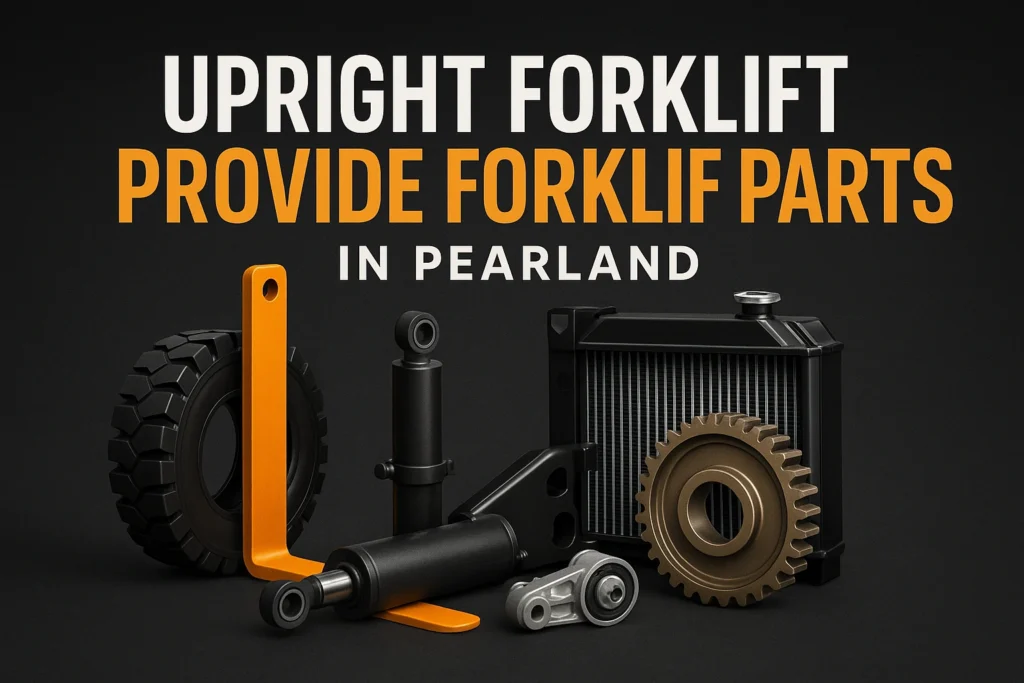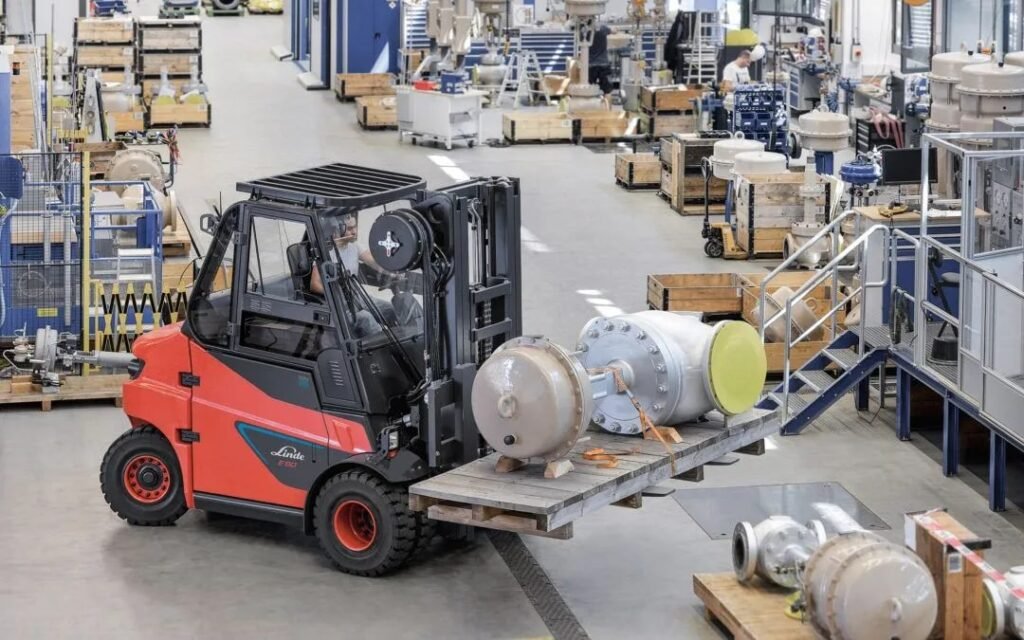The Importance of Preventive Maintenance for Forklift Fleets
Preventive maintenance is a critical aspect of managing a forklift fleet. By proactively addressing potential issues, businesses can minimize downtime, extend the lifespan of their equipment, and ensure compliance with safety regulations. Developing a comprehensive preventive maintenance program can help optimize forklift performance and reduce the overall cost of ownership.
Regular inspections, scheduled servicing, and timely replacement of worn parts are essential components of an effective preventive maintenance strategy. This approach not only helps avoid unexpected breakdowns but also enhances the reliability and efficiency of the forklift fleet, ultimately benefiting the company's overall productivity and profitability.
Navigating Forklift Operator Training and Certification Requirements
Ensuring forklift operators are properly trained and certified is a crucial aspect of workplace safety and compliance. Employers must understand the OSHA regulations and industry best practices for forklift operator training, which cover topics such as safe operation, load handling, and emergency procedures. Providing comprehensive training not only protects workers but also mitigates the risk of accidents and costly penalties.
By implementing a robust forklift operator training program, companies can empower their employees with the knowledge and skills necessary to operate forklifts safely and efficiently. This investment in training not only enhances workplace safety but also contributes to the overall productivity and competitiveness of the organization.
Maximizing Forklift Battery Life and Performance
Properly maintaining and caring for forklift batteries is essential for ensuring optimal performance and longevity. Factors such as charging habits, storage conditions, and battery replacement schedules can significantly impact the battery's lifespan and the overall efficiency of the forklift fleet. Implementing best practices for forklift battery management can help businesses avoid costly downtime and maximize their return on investment.
By understanding the importance of proper battery care and adopting strategies to optimize battery life, companies can enhance the reliability and productivity of their forklift operations. This, in turn, contributes to the overall efficiency and profitability of the organization, particularly in industries where material handling is a critical component of the business.
Navigating the Complexities of Forklift Compliance and Regulations
Maintaining compliance with forklift-related regulations and safety standards is a crucial responsibility for businesses. Understanding and adhering to OSHA requirements, as well as any local or industry-specific guidelines, is essential for protecting workers, avoiding costly penalties, and ensuring the overall safety and efficiency of forklift operations.
By staying informed about the latest compliance requirements, investing in employee training, and implementing robust safety protocols, companies can demonstrate their commitment to workplace safety and regulatory compliance. This not only safeguards the well-being of their workforce but also enhances the organization's reputation and long-term sustainability in the industry.
The Importance of Preventive Maintenance for Forklift Fleets
Preventive maintenance is a critical aspect of managing a forklift fleet. By proactively addressing potential issues, businesses can minimize downtime, extend the lifespan of their equipment, and ensure compliance with safety regulations. Developing a comprehensive preventive maintenance program can help optimize forklift performance and reduce the overall cost of ownership.
Regular inspections, scheduled servicing, and timely replacement of worn parts are essential components of an effective preventive maintenance strategy. This approach not only helps avoid unexpected breakdowns but also enhances the reliability and efficiency of the forklift fleet, ultimately benefiting the company's overall productivity and profitability.
Navigating Forklift Operator Training and Certification Requirements
Ensuring forklift operators are properly trained and certified is a crucial aspect of workplace safety and compliance. Employers must understand the OSHA regulations and industry best practices for forklift operator training, which cover topics such as safe operation, load handling, and emergency procedures. Providing comprehensive training not only protects workers but also mitigates the risk of accidents and costly penalties.
By implementing a robust forklift operator training program, companies can empower their employees with the knowledge and skills necessary to operate forklifts safely and efficiently. This investment in training not only enhances workplace safety but also contributes to the overall productivity and competitiveness of the organization.
Maximizing Forklift Battery Life and Performance
Properly maintaining and caring for forklift batteries is essential for ensuring optimal performance and longevity. Factors such as charging habits, storage conditions, and battery replacement schedules can significantly impact the battery's lifespan and the overall efficiency of the forklift fleet. Implementing best practices for forklift battery management can help businesses avoid costly downtime and maximize their return on investment.
By understanding the importance of proper battery care and adopting strategies to optimize battery life, companies can enhance the reliability and productivity of their forklift operations. This, in turn, contributes to the overall efficiency and profitability of the organization, particularly in industries where material handling is a critical component of the business.
Navigating the Complexities of Forklift Compliance and Regulations
Maintaining compliance with forklift-related regulations and safety standards is a crucial responsibility for businesses. Understanding and adhering to OSHA requirements, as well as any local or industry-specific guidelines, is essential for protecting workers, avoiding costly penalties, and ensuring the overall safety and efficiency of forklift operations.
By staying informed about the latest compliance requirements, investing in employee training, and implementing robust safety protocols, companies can demonstrate their commitment to workplace safety and regulatory compliance. This not only safeguards the well-being of their workforce but also enhances the organization's reputation and long-term sustainability in the industry.




